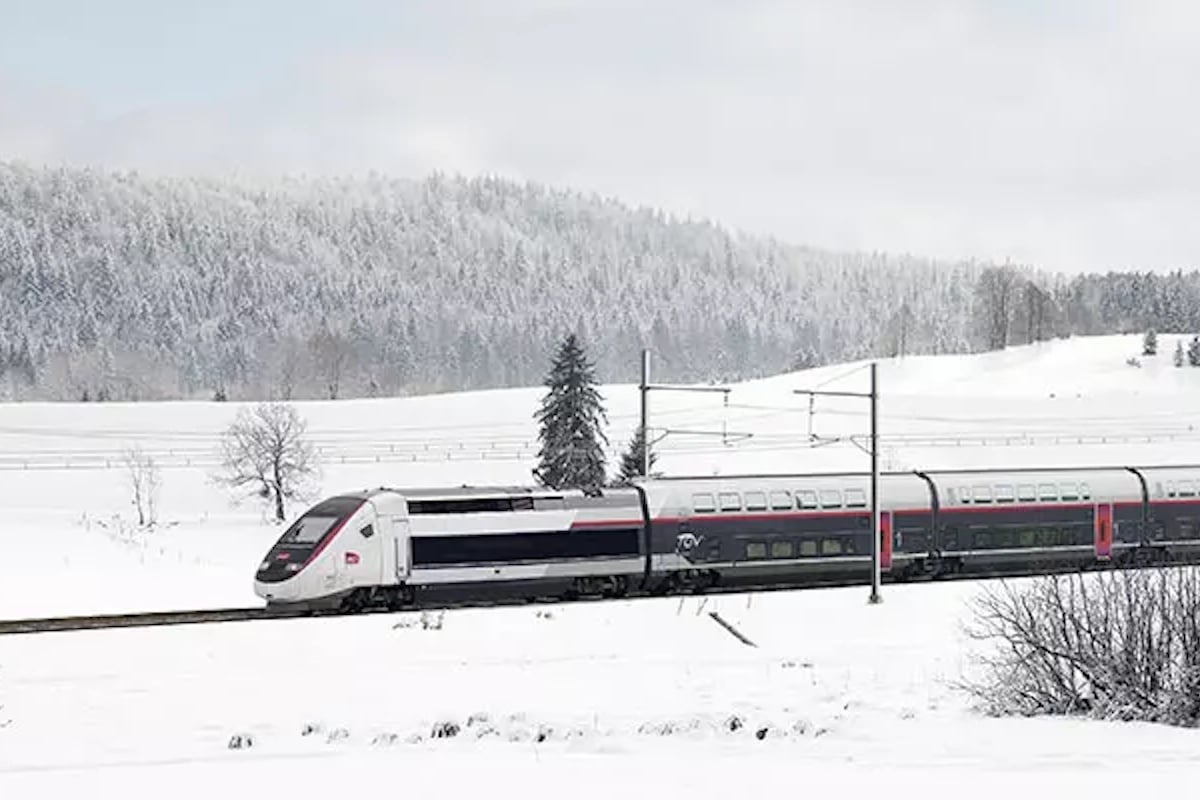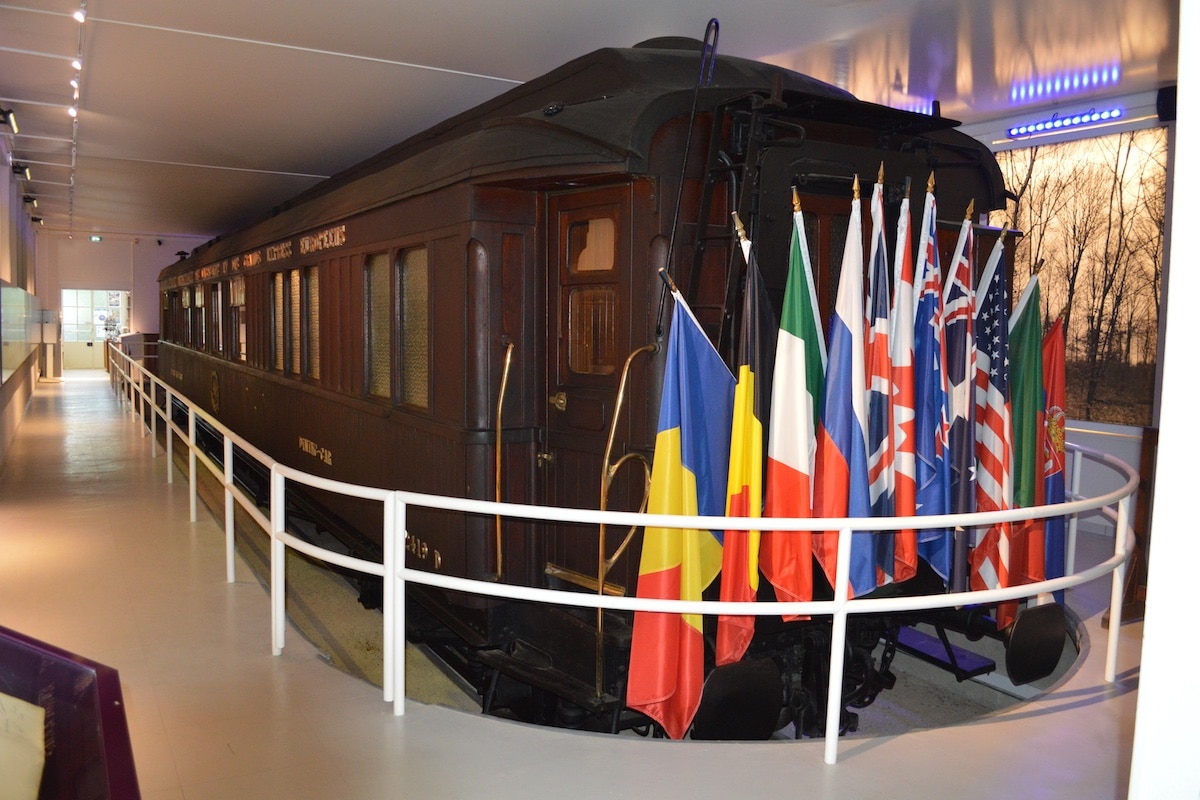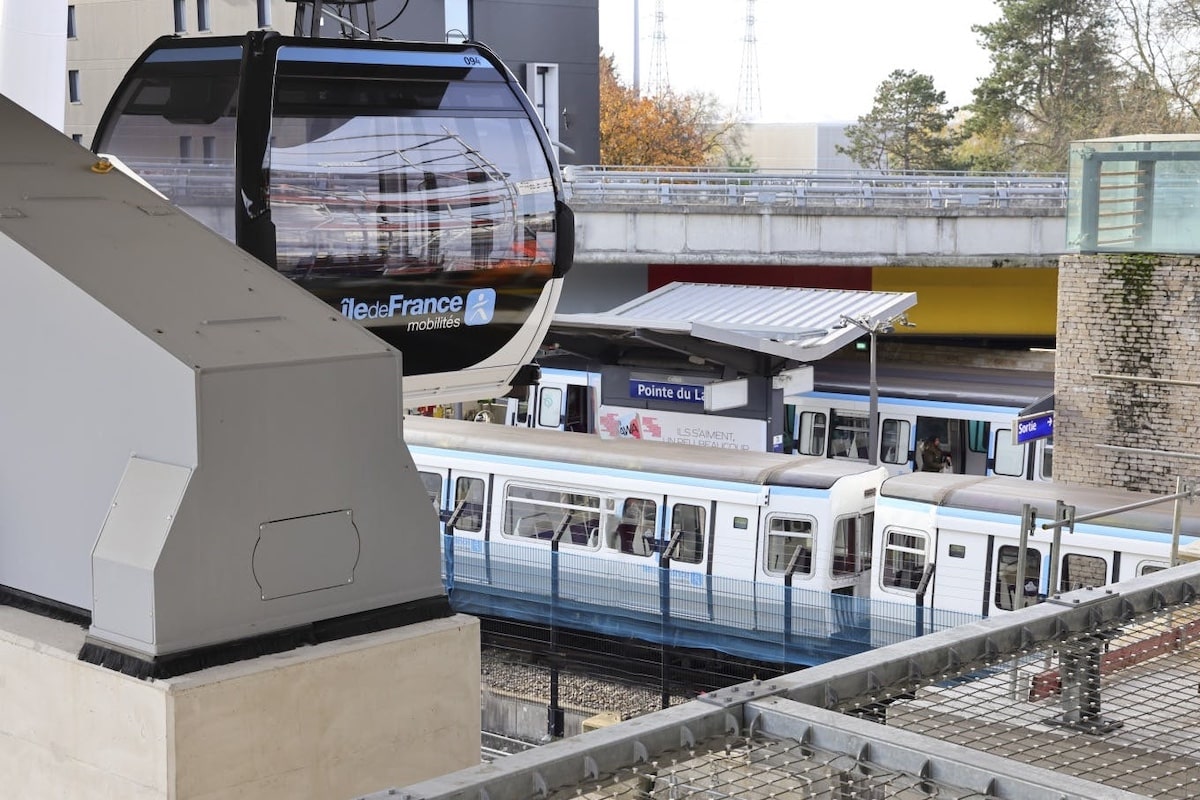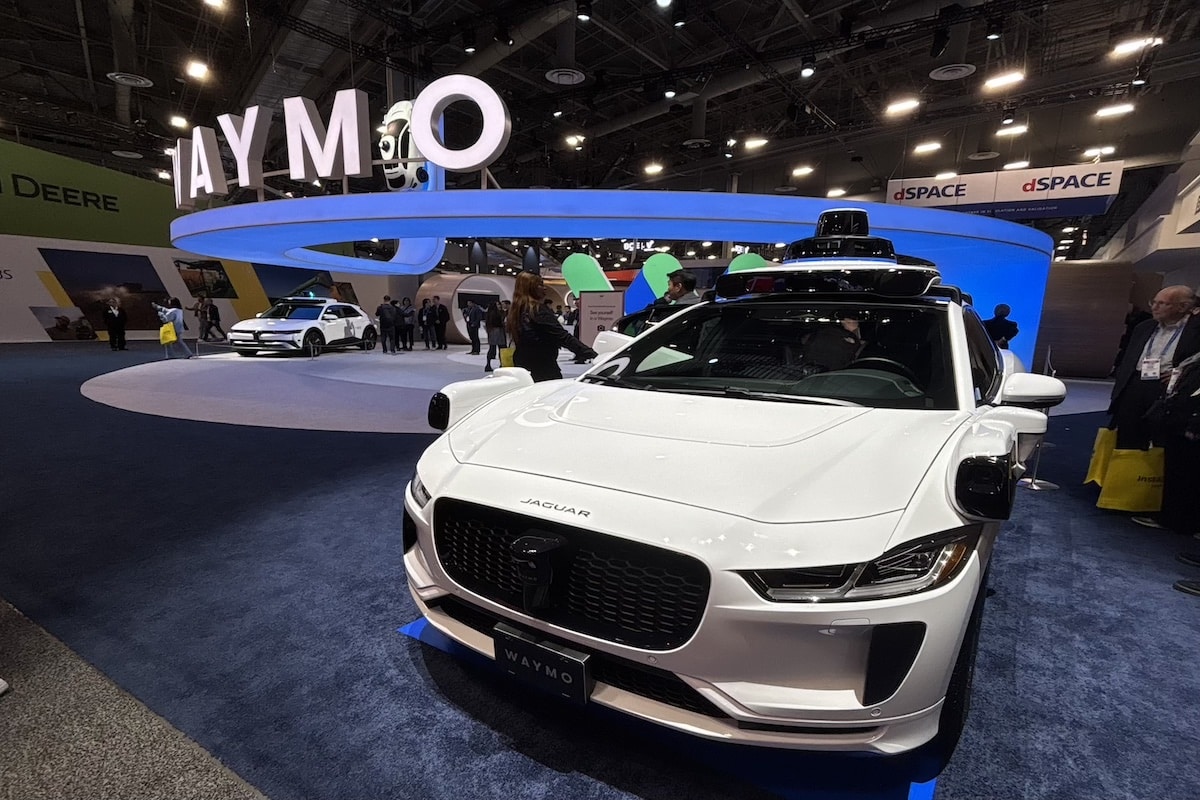75 Years Ago, the American Railroad Was Nationalized to Prevent a Strike
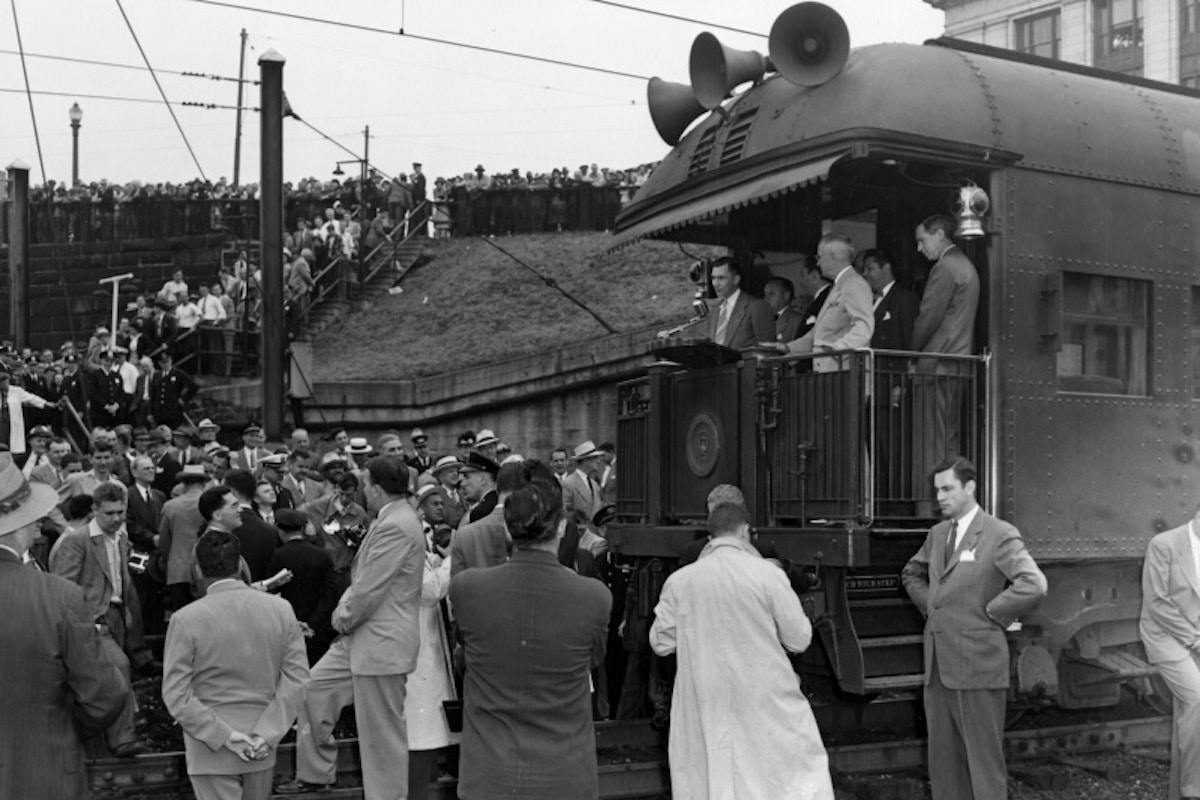
On August 25, 1950, American President Harry S. Truman made a decision that was as spectacular as it was unexpected.
Truman’s sweeping decision was to place the entire railroad network of the United States under federal control, encompassing 131 private companies. The country was then plunged into the Korean War, and a massive strike by railroad workers threatened to paralyze the flow of strategic goods. For Truman, there was no alternative: a blockade of trains equated to an attack on national security.
This nationalization was not permanent. It was a crisis measure, intended to break the momentum of the strike and ensure the supply of fuels, minerals, and military equipment. The army was charged with overseeing operations. Ultimately, the state’s takeover lasted only a few months, but the episode illustrated how vital railways remained in America during the 1950s, despite the rise of the automobile and road transport.
France Wins the Rail Bet
The parallel with France is interesting. Over here, the nationalization of railways occurred much earlier, in 1938, with the creation of SNCF. At that time, the goal was not to avoid a strike but to rationalize a fragmented, costly, and underperforming network. The French state had decided to make rail a structuring tool for the economy, land use planning, and defense. Whereas Americans intervened sporadically, the French integrated railways into a logic of long-term public service.
You might be interestedin this article:
Today, the gap still exists. In the United States, rail freight remains dominated by powerful private players, while passenger transport is limited and provided by Amtrak, an underfunded public company established in 1971. In France, SNCF remains a central player, even though the opening to competition and recent reforms are challenging its historical role.
So, 75 years ago, Truman reminded Americans that in times of crisis, the state can seize essential levers of mobility. A lesson that still resonates today, as energy dependency and logistical issues return to the forefront of the debate.
ALSO READ: THE Italian TGV Takes on Eurostar’s Monopoly in England
This page is translated from the original post "Il y a 75 ans, le train américain était nationalisé pour éviter une grève" in French.
We also suggestthese articles:
Also read

